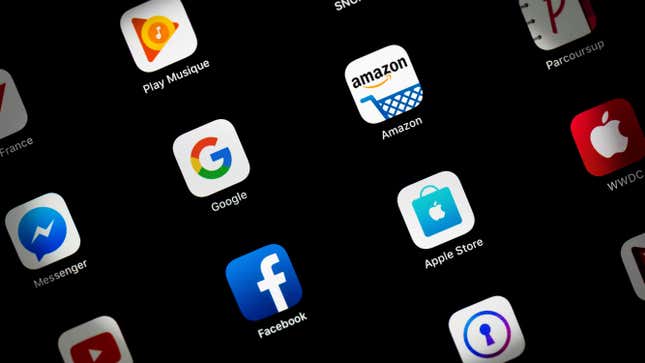
A new South Korean law is set to challenge Apple and Google’s dominance over app store payments for the first time, putting the hefty 30 percent cut the companies collect through their systems in jeopardy.
According to the Wall Street Journal, the legislation—expected to be signed imminently by South Korean President Moon Jae-in, whose party has long endorsed the legislation—would amend South Korea’s Telecommunications Business Act to prevent Apple and Google from requiring app developers to use their proprietary in-app purchasing systems, and would also prohibit the companies from “unreasonably delaying the approval of apps or deleting them from the marketplace—provisions meant to head off retaliation against app makers.”
If the companies fail to comply, they could be compelled to forfeit up to 3% of their South Korea revenue by the Korea Communications Commission, the country’s media regulator.
The law represents a major challenge to Apple and Google, both of which have long mandated that apps eschew outside payment mechanisms in favor of allowing transactions to flow only through their systems. The bill’s imminent passage is the culmination of a long-running fight in Seoul, during which both Google and Apple fought the bill as it made its way through South Korea’s legislature while simultaneously urging trade officials in Washington to push back on the proposed law.
In a statement to The Verge, Google defended its service fees, arguing that the surcharge “helps keep Android free,” and gives developers “the tools and global platform to access billions of consumers around the world.”
“Just as it costs developers money to build an app, it costs us money to build and maintain an operating system and app store,” the Google spokesperson said. “We’ll reflect on how to comply with this law while maintaining a model that supports a high-quality operating system and app store, and we will share more in the coming weeks.”
Representatives from Google and Apple did not immediately respond to Gizmodo’s requests for comment on the pending legislation.
News of the bill’s passage comes as other countries—including the United States—have continued to scrutinize Apple and Google’s gatekeeper practices. In March, Apple agreed to comply with a Russian law that prompts users to preinstall some apps when they’re first using one of the company’s devices, and Australia also recently announced that it would be considering new laws that would examine the ways digital payment services are handled by large companies. In the U.S., lawmakers recently filed an antitrust lawsuit targeting Google’s app store as an illegal monopoly, and also introduced a bipartisan tranche of legislation to the U.S. Senate that would determine which rules could reasonably be imposed on developers in Google and Apple’s app stores.